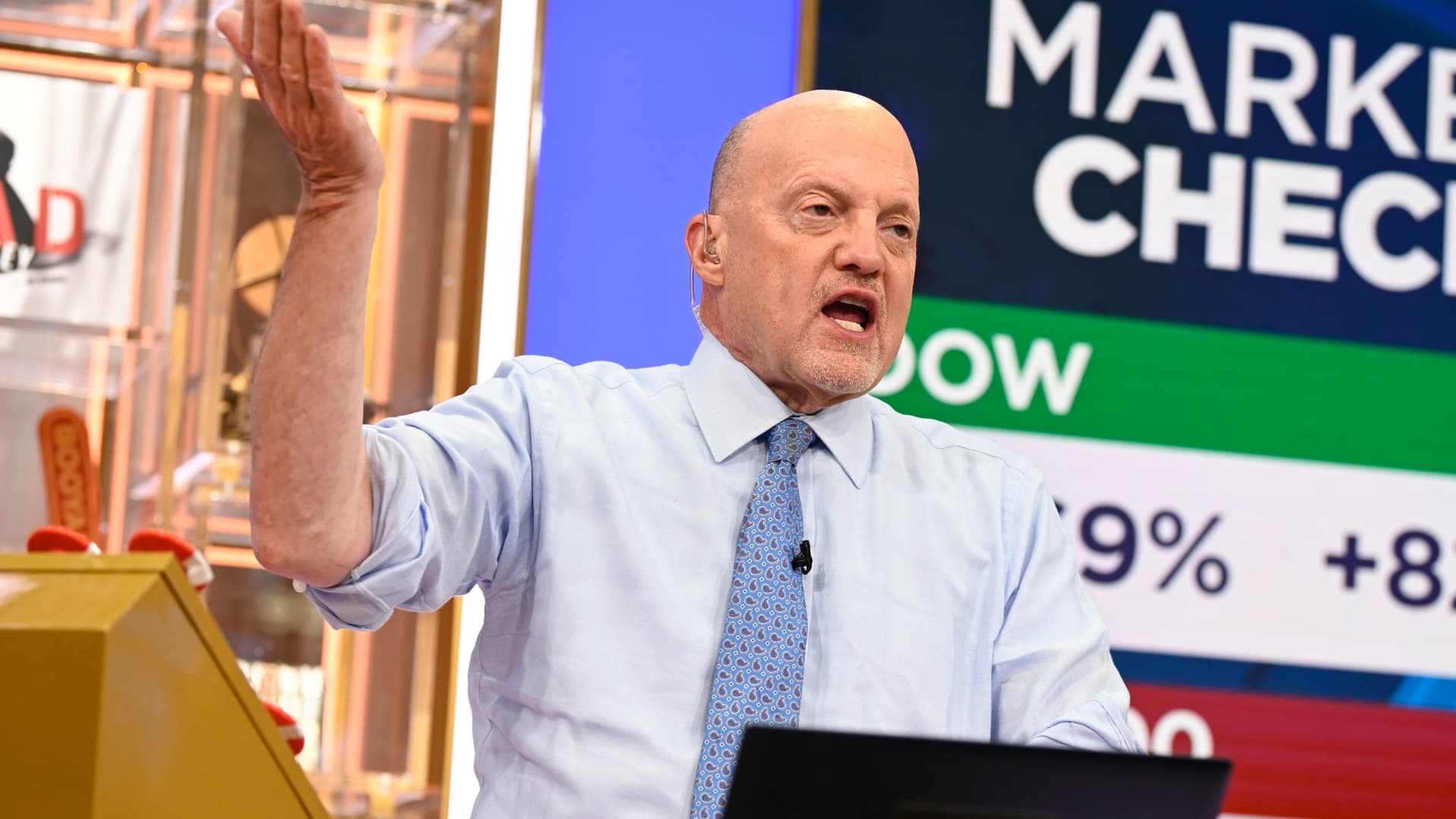
Meta Platforms has done all it can in court to fight back at the US Federal Trade Commission’s claims that it’s a monopoly. Now it’s up to a federal judge to decide whether the company should be broken up.
The seven-week trial wrapped up Tuesday, and now each side has four months to make its case in writing. Then US District Judge James Boasberg will decide whether Meta has an illegal monopoly in the social media market, and whether that dominance stemmed from its acquisitions of Instagram and WhatsApp — deals for popular applications that closed more than a decade ago.
The FTC argues Meta, then known as Facebook, bought the two companies in 2012 and 2014 rather than compete with them. The agency argued Meta made the acquisitions to reinforce its monopoly in the slice of the social networking market that’s focused on connections between friends and family. If Boasberg sides with the FTC and finds the company illegally monopolized that market, it’s possible Meta could be forced to spin off Instagram, WhatsApp, or both.
That process could still take years to play out. If Meta wins outright, the FTC is expected to quickly appeal. But Boasberg’s ruling will only address whether the company violated the law. If he sides with the FTC, that will trigger another trial over how to address the harm from Meta’s conduct.
It’s unclear when Boasberg will issue a ruling, though it could come before the end of the year.
A Meta spokesperson called the FTC’s case weak and said the trial revealed the competitive nature of the technology industry.
The FTC didn’t immediately respond to a request for comment on the end of the trial. An agency spokesperson previously said that Meta based its case on “primarily its own self-interested executives and paid experts.”
Full Sale
The FTC maintains that only a full sale of both assets will fix the problem. Boasberg, though, will have some latitude to come up with his own solution. He could find that only one of the deals was illegal and require only a sale of that service. Or he could decide something else not yet contemplated by the FTC.
Lawyers for the FTC have spent recent weeks in Washington grilling various Meta executives, including Chief Executive Officer Mark Zuckerberg, about the company’s acquisitions and its leading role in the social networking industry. The FTC has argued that Meta dominates a narrowly defined segment of the social networking market referred to as “Personal Social Networking Services,” which focuses on friends and family sharing.
Meta, meanwhile, has argued that its competitors extend far beyond traditional friends and family sharing to include short-form video, commerce and private messaging.
While several new revelations emerged throughout the trial — including the fact that Zuckerberg once floated spinning off Instagram himself as a way to frontrun potential regulation — the outcome of the trial likely hinges on the more nuanced and complicated fight around the definition of the competitive market.
Narrow Market
The FTC’s narrowly defined market was always the weakest part of its case, said Rebecca Allensworth, a Vanderbilt law professor and antitrust expert. “They’re going to want to argue for a market that’s really small, that is as close to what Facebook does as possible,” she said.
But the FTC has done a nice job of minimizing that weakness, Allensworth added. “They said that Facebook has something that the other social media sites don’t have, and that’s a direct connection to your friends and family, and that this makes it a different kind of product and not a substitute” for competitors, she said. This was evident when Meta saw spikes in usage on holidays, Allensworth said, a sign people were turning to its products to connect with loved ones.
Lawyers for Meta argued that its offerings have evolved significantly since Facebook’s founding, and since it acquired Instagram and WhatsApp, to include products that expand its list of competitors. While the FTC includes Snap’s Snapchat as a competitor, it doesn’t include products like TikTok and YouTube, or Apple’s iMessage.
Justin Teresi, an antitrust analyst with Bloomberg Intelligence, believes this evolution works in Meta’s favor by naturally reshaping the competitive landscape.
Friends and Family
Friends and family sharing “is not the primary core use anymore” of Meta’s products, Teresi said, citing the recent rise in recommended content on Meta’s platforms from outside a user’s social circle. The FTC has shown that friends and family sharing still exists, but has fallen short in showing that it’s still the dominant reason people come to Meta’s products. “They’ve been a victim of the passage of time,” he added.
Representatives from several other tech companies, including Reddit, X, TikTok, and Pinterest, appeared during the trial to talk about how their products compete with Meta’s for user time and attention — and thus for advertising dollars. While that competition does exist, it doesn’t help as much as Meta might expect, Teresi says.
“If you’re saying that the relevant market here is competing for advertising dollars, then you could throw anything in there,” he said. “You could throw TV in there, you could throw print in there if you wanted to, and there’s really no end to that concept.”
It remains unclear which way Boasberg is leaning. Teresi gives Meta a 60 percent chance of winning the trial, and there’s always the chance that both sides could still settle as they await the judge’s verdict. While Allensworth thinks that the FTC has made a strong case, she’s also unsure whether it’s strong enough to merit an actual Meta breakup.
“All antitrust cases are very hard to win,” she said. “I really actually think this could go either way.”
© 2025 Bloomberg LP
(This story has not been edited by NDTV staff and is auto-generated from a syndicated feed.)




